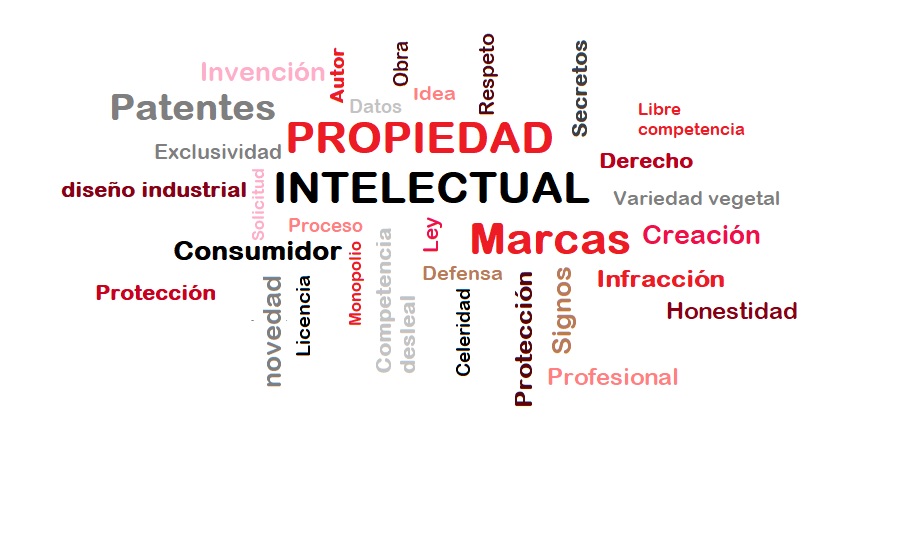The protection of trademarks in Peru is essential for maintaining the identity and reputation of businesses. In this article, we will detail the process of trademark infringement, the role of INDECOPI, applicable sanctions, necessary evidence, and alternatives in the event of an adverse ruling. With over 15 years of experience, the law firm Trademark specializes in managing and resolving these cases.
Legal Framework
Trademark protection in Peru is primarily governed by Decision 486 of the Andean Community Commission and Legislative Decree 1075. These documents lay the foundation for the protection of intellectual property rights and the procedure to follow in case of infringement.
Decision 486: Decision 486, in Articles 155 and subsequent articles, defines trademark infringement and establishes the exclusive rights conferred by trademark registration.
Legislative Decree 1075: This decree complements the Andean regulations, developing procedural and sanctioning aspects applicable at the national level.
Infringement Process Before INDECOPI
The National Institute for the Defense of Competition and Protection of Intellectual Property (INDECOPI) is the entity responsible for trademark protection in Peru. The process of trademark infringement before INDECOPI consists of several stages, each with specific deadlines that must be observed.
- Complaint: The trademark owner must file a formal complaint with INDECOPI, detailing the infringement and providing initial evidence. According to Article 19 of Legislative Decree 1075, the complaint must be accompanied by the following documents:
- Copy of the trademark registration certificate.
- Detailed description of the infringement.
- Evidence supporting the complaint.
Deadline: INDECOPI has 10 business days to admit or reject the complaint.
- Notification: Once the complaint is admitted, INDECOPI notifies the alleged infringer, who has a period to submit their defense and rebuttal evidence.
Deadline: The infringer has 15 business days to submit their defense.
- Investigation and Evidence: During the process, both parties may present additional evidence. It is crucial to present solid evidence such as trademark registrations, invoices, commercial communications, and testimonies. INDECOPI may also conduct inspections and request expert reports.
Deadline: The parties have 30 business days to present additional evidence.
- Resolution: INDECOPI will evaluate the evidence and arguments presented and issue a resolution. If an infringement is determined, sanctions and corrective measures will be imposed.
Deadline: INDECOPI has 90 business days to issue a resolution from the presentation of the defenses.
Fines and Sanctions
INDECOPI may impose various sanctions if a trademark infringement is determined:
- Fines: Fines can vary depending on the severity of the infringement and the damages caused. According to Article 222 of Legislative Decree 1075, fines can reach up to 150 UIT (Tax Unit), which is approximately S/ 690,000.
- Cease and Desist: Order the infringer to cease using the infringing trademark.
- Damages: The infringer may be required to compensate the trademark owner for damages and losses caused.
Evidence
To succeed in a trademark infringement case, it is essential to present compelling evidence. Among the most effective pieces of evidence are:
- Trademark Registration: Certified copy of the trademark registration certificate.
- Proof of Use: Documents demonstrating the continuous and effective use of the trademark in commerce. This may include invoices, product labels, advertising material, etc.
- Invoices and Contracts: Invoices, contracts, and other commercial documents evidencing the use of the trademark.
- Testimonies and Expert Reports: Testimonies from customers, suppliers, or experts who can attest to the infringement and the damage caused.
Case Law
Recent cases have set important precedents regarding the interpretation and application of trademark regulations in Peru. A notable example is the case of “Industrias Alimenticias Galletera S.A. vs. Dulces Peruanos S.A.” In this case, INDECOPI determined that the use of a similar trademark on products in the same field constituted an infringement, ordering the infringer to cease using the trademark and pay significant compensation.
Alternatives in the Event of an Adverse Ruling
In the event of an adverse ruling, several alternatives can be considered:
- Appeal: File an appeal with the INDECOPI Tribunal within the established deadline. The deadline to appeal is 15 business days from the notification of the resolution.
- Out-of-Court Settlement: Negotiate an out-of-court settlement with the infringer to avoid further conflicts and costs. This option can be beneficial for both parties, allowing for a quicker and more efficient resolution of the conflict.
- Trademark Modification: Consider modifying or rebranding the trademark to avoid future disputes. This measure may be necessary if you want to avoid lengthy litigation and ensure the continuity of your business without legal issues.
At Trademark, we have over 15 years of experience managing trademark infringement cases. Our team of lawyers is ready to advise and represent you effectively before INDECOPI and in any judicial instance, guaranteeing the protection of your intellectual property rights. We have successfully handled numerous cases, providing effective and strategic solutions to our clients.
For more information or legal assistance in trademark infringement cases, do not hesitate to contact us. At Trademark, we are committed to protecting your brand and ensuring your commercial success.







